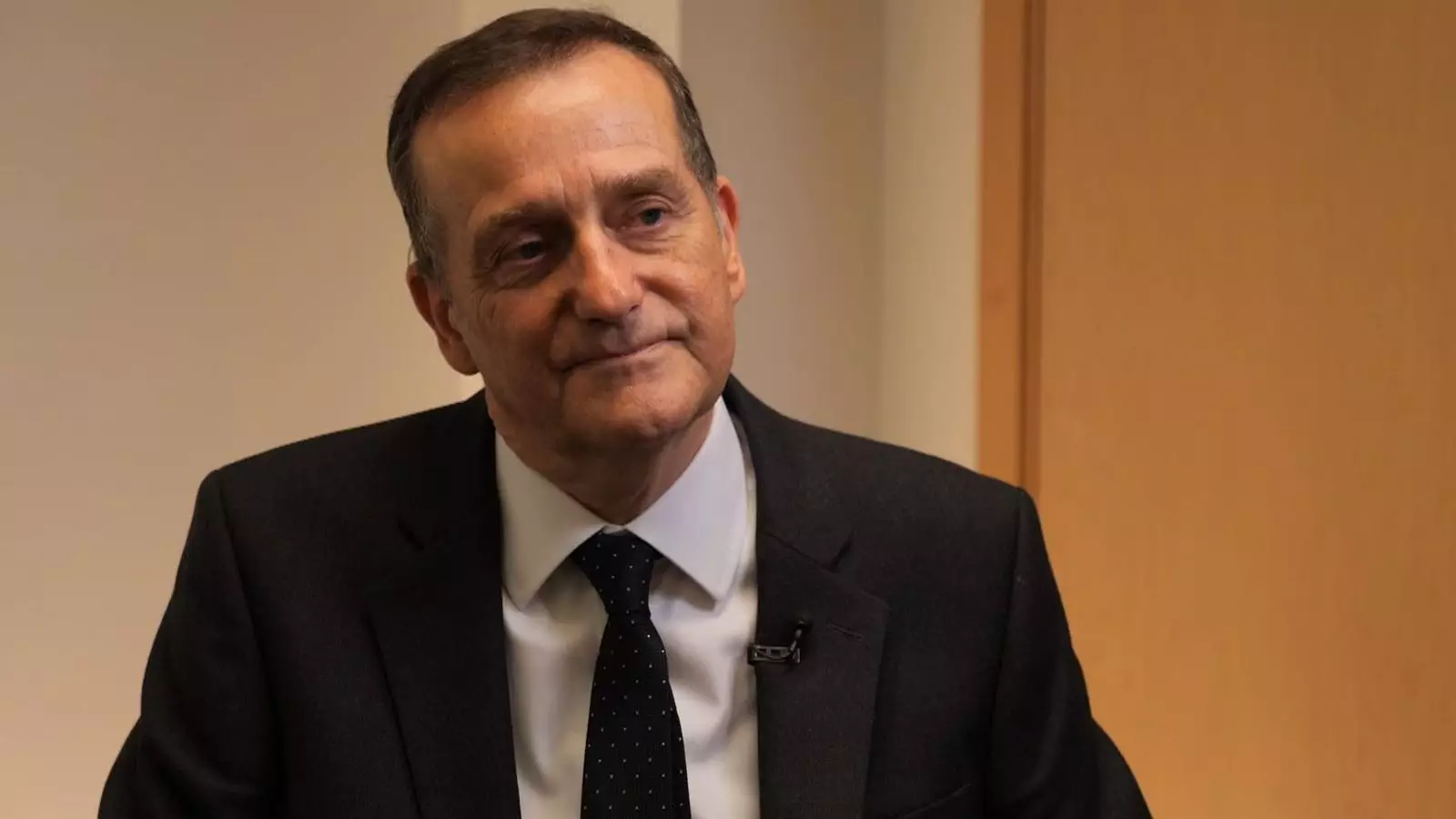The current state of rape and sexual offense case backlogs in England’s crown courts is alarming, as highlighted by Stephen Parkinson, the newly appointed Director of Public Prosecutions. The backlog, reaching heights described as “totally unacceptable,” poses a significant threat to the integrity of the justice system and the mental well-being of victims. Parkinson acknowledges that these delays can severely deter victims from pursuing their cases, allowing defendants to exploit the deficiencies in the system, fostering a justice environment where victims feel disempowered and overlooked.
Additionally, the monumental waiting period of an average of 710 days, stretching from the initial complaint to case resolution, can result in heightened anxiety and uncertainty for survivors. For many, the inability to move forward with their lives while trapped in legal limbo is a grim reality, compounding the emotional trauma already suffered. Parkinson emphasizes that tackling these delays, alongside enhancing support for victims, must remain at the forefront of the Crown Prosecution Service’s (CPS) agenda.
In a bid to bridge this daunting gap, the CPS has recently launched a survivor support program designed explicitly for those navigating rape and serious sexual offense cases. This initiative includes the hiring of 40 new victim liaison officers tasked with fostering a more supportive connection between survivors and the legal framework. These officers are set to assure that survivors have a direct line of communication, offering pre-trial discussions, either in-person or virtually, to help demystify the legal process and provide essential emotional support throughout.
While this move could be seen as progress, the immediate impact on the enduring backlog remains a point of contention. Critics, including charities that support survivors, argue that systemic changes must transcend mere communication improvements. They assert that while it is commendable to establish a more compassionate and empathetic service, the current scale of the backlog demands a much more radical overhaul of the legal framework.
This initiative comes amid increasing acknowledgment from within the CPS that previous efforts to engage with and support victims have fallen short. Charlotte Caulton-Scott, head of the rape and serious sexual offenses unit, has openly admitted to the criticisms against the CPS, once described as “a faceless organization.” This candid recognition of past failures suggests a pivotal shift towards a more victim-centric approach, aiming to not only respond to victims’ needs but to actively involve them in discussions about the support they require.
Caulton-Scott elaborates on the efforts made to engage with survivors to collaboratively develop improved support structures, suggesting that the organization has finally begun to internalize the feedback received over the years. This evolution represents a commitment to create services that are not only responsive but also empathetic to the unique challenges faced by victims of sexual crimes.
Despite these advancements, the reception from advocacy groups remains cautiously optimistic. Raffy Elliston from Solace, an independent sexual violence advisory charity, has commended the support initiative but raised concerns regarding its depth and efficacy in addressing the systemic backlog. Elliston posits that organizations like the CPS need to implement more substantial reforms, such as the establishment of specialized courts, increased staffing resources, and more stringent policies to curb harmful last-minute case adjournments.
The current approach, she argues, resembles a band-aid solution rather than a fundamental restructuring of the system, which is necessary to make a tangible difference for the thousands of survivors waiting for justice. With projections indicating that the backlog of criminal cases could reach an overwhelming 80,000 by March 2025, the urgency for innovative and comprehensive reform cannot be overstated.
As the situation unfolds, it is clear that managing the backlog of rape and sexual offense cases necessitates far more than new points of contact for survivors. While the CPS’s efforts to foster a supportive environment for victims exemplify a critical first step, broader systemic reforms are essential to combat the mounting pressure within the criminal justice framework. Engaging with victims, understanding their needs, and implementing substantial changes to legal policies should form the cornerstone of any genuine effort to restore faith in a system that has, for far too long, failed to deliver justice. The coming months will be crucial in determining whether the current administration is equipped to meet the challenges ahead and deliver the overdue justice that survivors deserve.


Leave a Reply